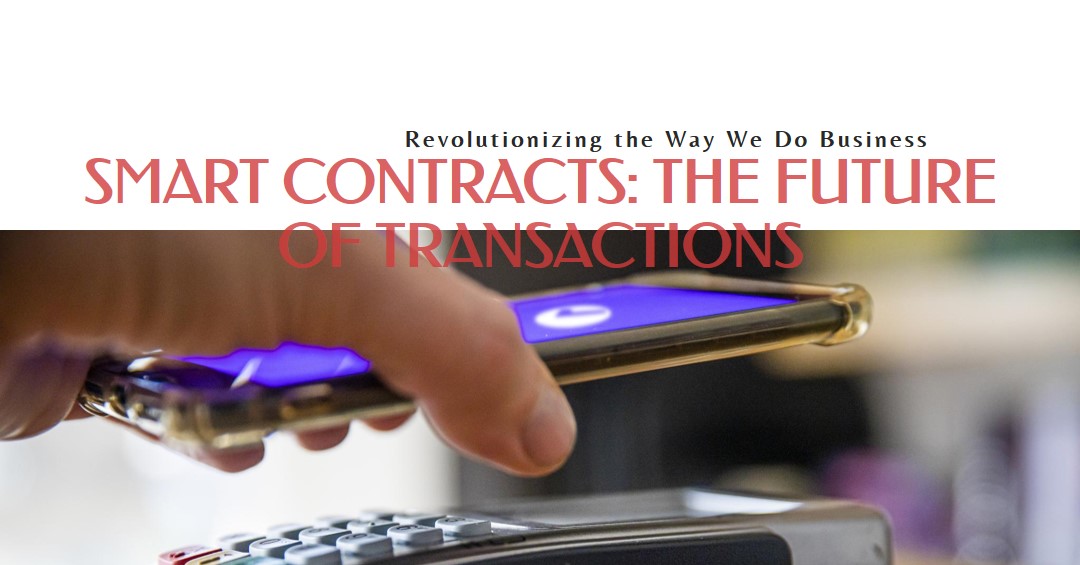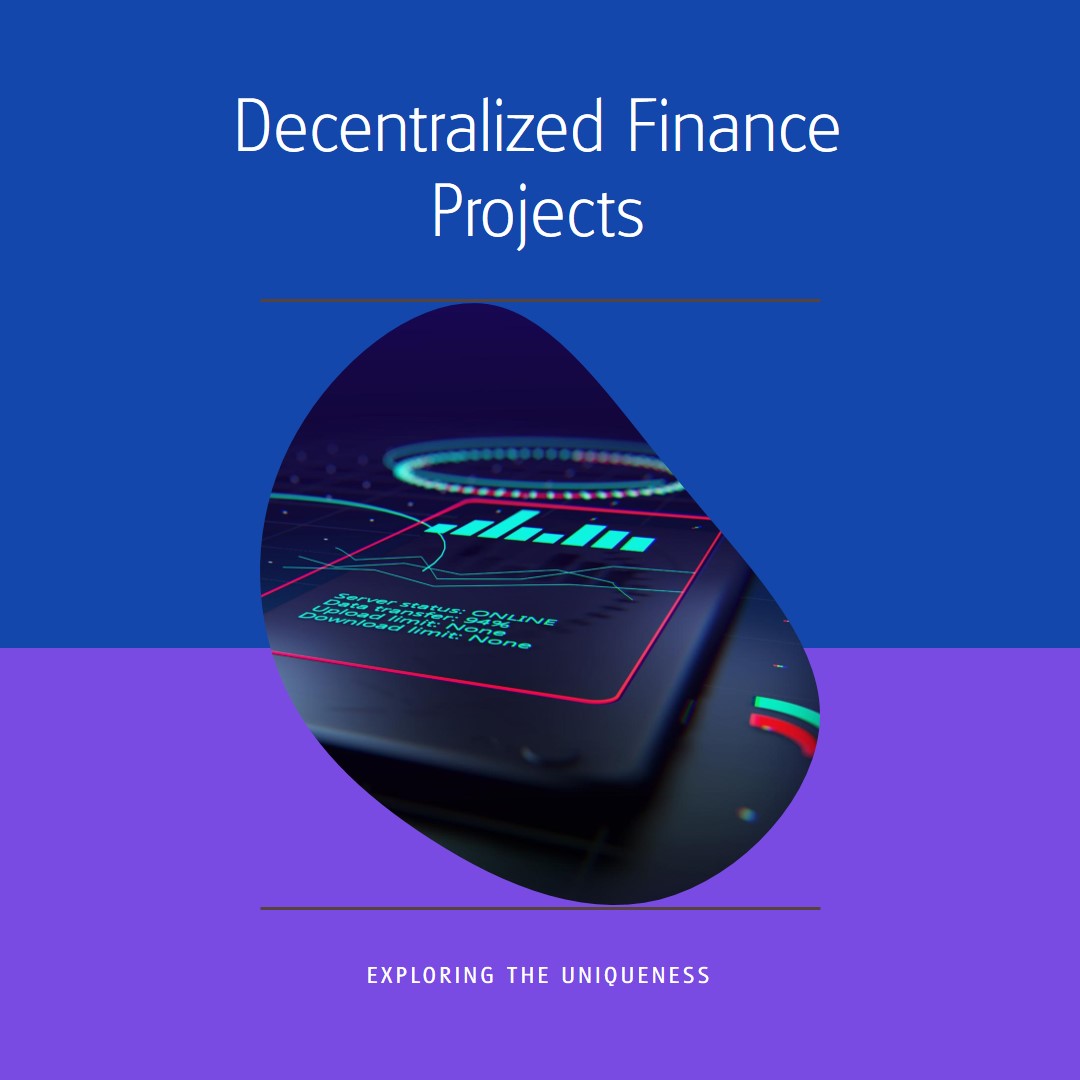Understanding the Legal Framework for Smart Contracts in Romania
Understanding the Legal Framework for Smart Contracts in Romania
Smart contracts in Romania have gained significant attention due to their potential applications in various sectors, such as public procurement, contract management, and secure transactions.
With the advent of blockchain technology and cryptocurrency, digital contracts have become more popular, allowing for decentralized applications and enhancing the efficiency of legal agreements.
When it comes to the legal framework surrounding smart contracts, it is important to analyze their compatibility with existing regulations in Romania.
This analysis is crucial for businesses and individuals who seek to utilize smart contracts in their operations. By understanding the legal landscape, you can ensure compliance and mitigate potential risks.
One area of interest is the potential use of smart contracts in public procurement.
While the advantages and use cases of smart contracts in public procurement have been widely discussed, practical implementations are still limited.
However, exploring the potential for blockchain and smart contracts in both the contract award and execution stages can provide valuable insights into their impact on the EU public procurement system.
If you are considering employing smart contracts in Romania, it is essential to consult with legal professionals who specialize in this field.
They can guide you through the legal regulations, contract validity, and enforceability, as well as assist in addressing any potential challenges or breach resolutions that may arise.
Stay tuned for the next sections of this article, where we will delve deeper into the legal regulations and validity of smart contracts in Romania, as well as the benefits and challenges of implementing them in your business or personal endeavors.
The Legal Regulations and Validity of Smart Contracts in Romania
Smart contracts in Romania are considered to be a digital version of traditional contracts stored on the blockchain network.
These contracts rely on blockchain technology, ensuring security and transparency in transactions.
However, it is crucial to understand the legal regulations and the validity of smart contracts within the Romanian legal framework.
According to Romanian law, the legal validity of smart contracts is determined by their adherence to the essential elements of a contract, such as agreement, consideration, competence and capacity, legal object, and purpose.
While smart contracts offer immutability and automatic execution, debates continue to surround their classification as legally binding contracts.
It is essential to consult with a Romanian lawyer or law firm specializing in smart contract law to navigate these legal intricacies.
When entering into smart contracts, it is also important to consider the implications for intellectual property rights. Intellectual property can be embedded within smart contracts, such as copyright licenses, patents, or trademarks.
Protecting these rights and ensuring their validity within the context of smart contracts requires a comprehensive understanding of both intellectual property law and blockchain technology.
Table: Legal Elements of Smart Contracts in Romania
| Legal Element | Description |
|---|---|
| Agreement | The parties involved must reach a mutual understanding and consent to the terms of the contract. |
| Consideration | Something of value, such as money or a promise, must be exchanged between the parties. |
| Competence and Capacity | The parties must be legally capable of entering into a contract and understand its implications. |
| Legal Object | The purpose of the contract must be lawful and not violate any legal or ethical norms. |
| Purpose | The contract must have a clear objective that can be achieved through the execution of smart contract code. |
In conclusion, understanding the legal regulations and validity of smart contracts in Romania is crucial for businesses and individuals utilizing blockchain technology.
Consulting with a knowledgeable Romanian lawyer or law firm will ensure compliance with the legal framework and provide guidance on protecting intellectual property rights.
With the right legal expertise, smart contracts can offer enhanced security, efficiency, and transparency in various fields of business and law.
The Benefits and Challenges of Implementing Smart Contracts in Romania
Implementing smart contracts in Romania offers numerous benefits for businesses and individuals.
One of the key advantages is the potential for cost savings.
Smart contracts eliminate the need for intermediaries, reducing transactional costs and streamlining the contract management process.
This can be particularly beneficial for small and medium-sized enterprises, allowing them to compete more effectively in the market.
In addition to cost savings, smart contracts also offer increased efficiency.
By automating contract execution and eliminating manual processes, smart contracts can significantly reduce the time and resources required for contract management.
This streamlined approach enhances overall operational efficiency and enables faster transactions.
Transparency is another notable benefit of implementing smart contracts.
The blockchain technology underlying smart contracts ensures that all transactions and contract terms are recorded in a secure and transparent manner.
This enhances trust between parties and reduces the risk of disputes, as the entire transaction history is immutably stored on the blockchain.
However, there are challenges to consider when implementing smart contracts in Romania.
The legal framework surrounding smart contracts is still evolving, and clear legislation is needed to govern their use.
Ensuring contract validity and enforceability is crucial, as parties need confidence that their smart contracts will be legally recognized and upheld in Romanian courts.
Additionally, mechanisms for resolving breaches of smart contracts need to be established to address potential disputes.
In conclusion, while implementing smart contracts in Romania presents numerous benefits such as cost savings, increased efficiency, and transparency, it is important to navigate the legal landscape and address the challenges.
To ensure compliance with Romanian legislation on smart contracts and to mitigate risks, seeking guidance from a Romanian lawyer or law firm specializing in smart contract law is advisable.
Smart Contracts Legal Framework – FAQ
1. What is a smart contract?
A smart contract is a self-executing contract with the terms of the agreement directly written into lines of code.
It operates on a blockchain technology platform and automatically executes the transaction once the predefined conditions are met.
2. How does blockchain technology relate to smart contracts?
Blockchain technology is the underlying technology that powers smart contracts.
It provides the necessary infrastructure for secure and transparent execution of smart contracts by recording the transactions on a distributed and decentralized ledger.
3. What is the legal framework for smart contracts in Romania?
In Romania, the legal framework for smart contracts is still in development.
However, the existing laws and regulations related to contract law, data protection, and electronic signatures may apply to certain aspects of smart contracts.
4. What is the impact of smart contracts on traditional contracts?
Smart contracts have the potential to revolutionize traditional contracts by automating many aspects of contract execution and enforcement.
They can bring increased efficiency, transparency, and cost-effectiveness to the contracting process.
5. Are smart contracts legally binding?
Yes, smart contracts can be legally binding if the parties involved have the intention to be bound by the terms of the contract and if the contract meets the legal requirements for validity.
However, the enforceability of smart contracts may depend on the specific jurisdiction and the applicable laws.
6. How do smart contracts impact privacy and data security?
Smart contracts have the potential to enhance privacy and data security by enabling the use of cryptographic techniques and decentralized storage.
However, concerns regarding data privacy and security also arise, as the execution and storage of smart contracts on a public blockchain may expose sensitive data.
7. Can smart contracts be used for financial transactions?
Yes, smart contracts can be used for various types of financial transactions.
They can be used to facilitate the transfer of digital assets, create and manage digital currencies, and automate payment processes.
8. Do smart contracts require the involvement of lawyers?
The involvement of lawyers in the creation and implementation of smart contracts may depend on the complexity and nature of the contract.
While some smart contracts can be self-executing and require minimal or no legal assistance, more complex transactions may still require the guidance


